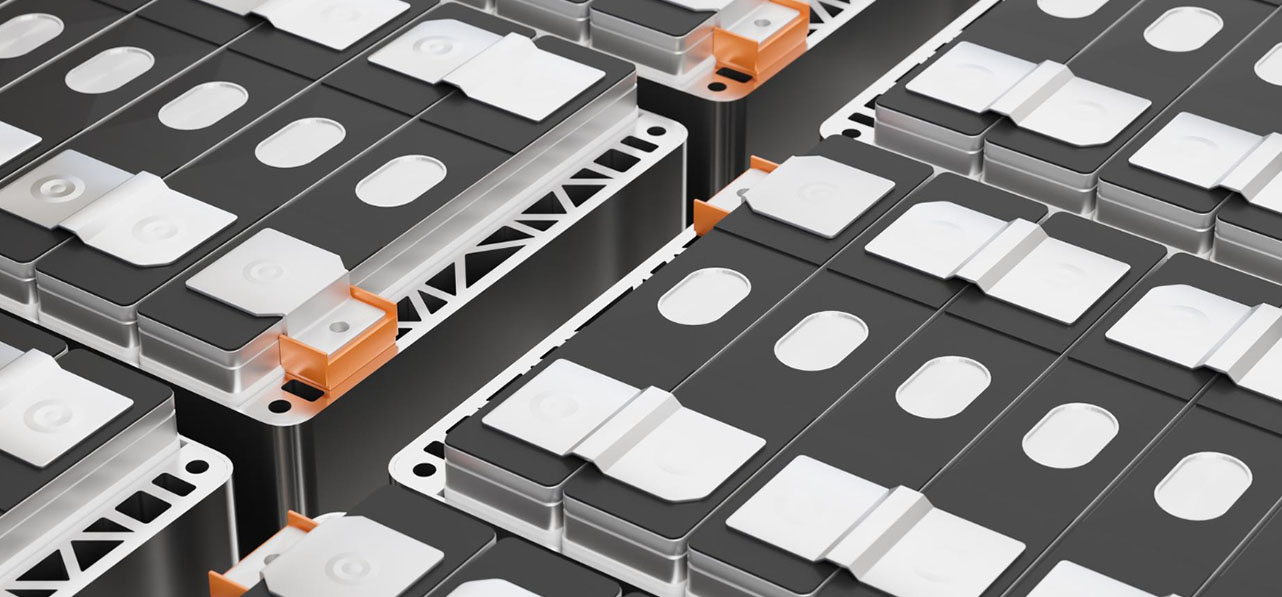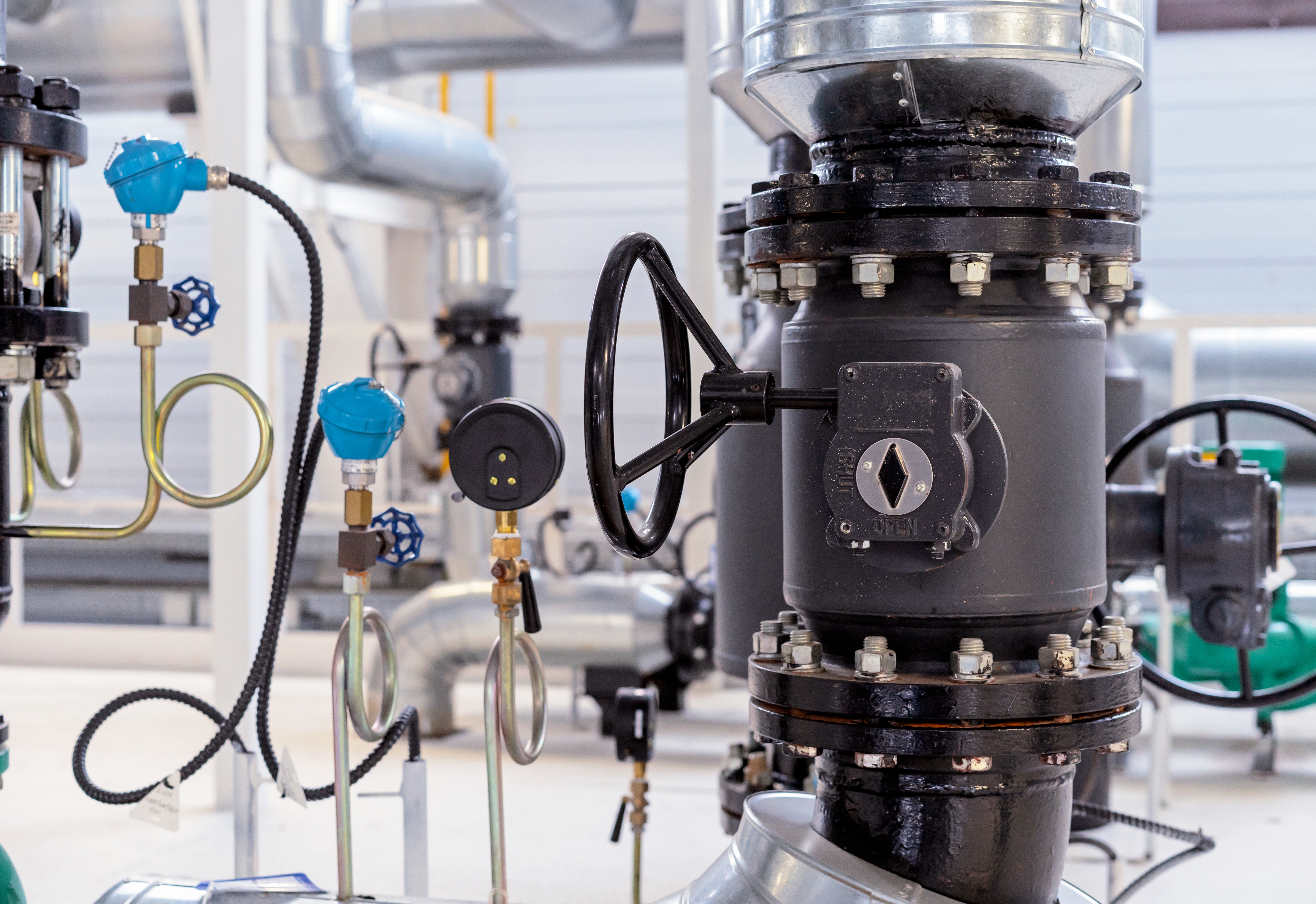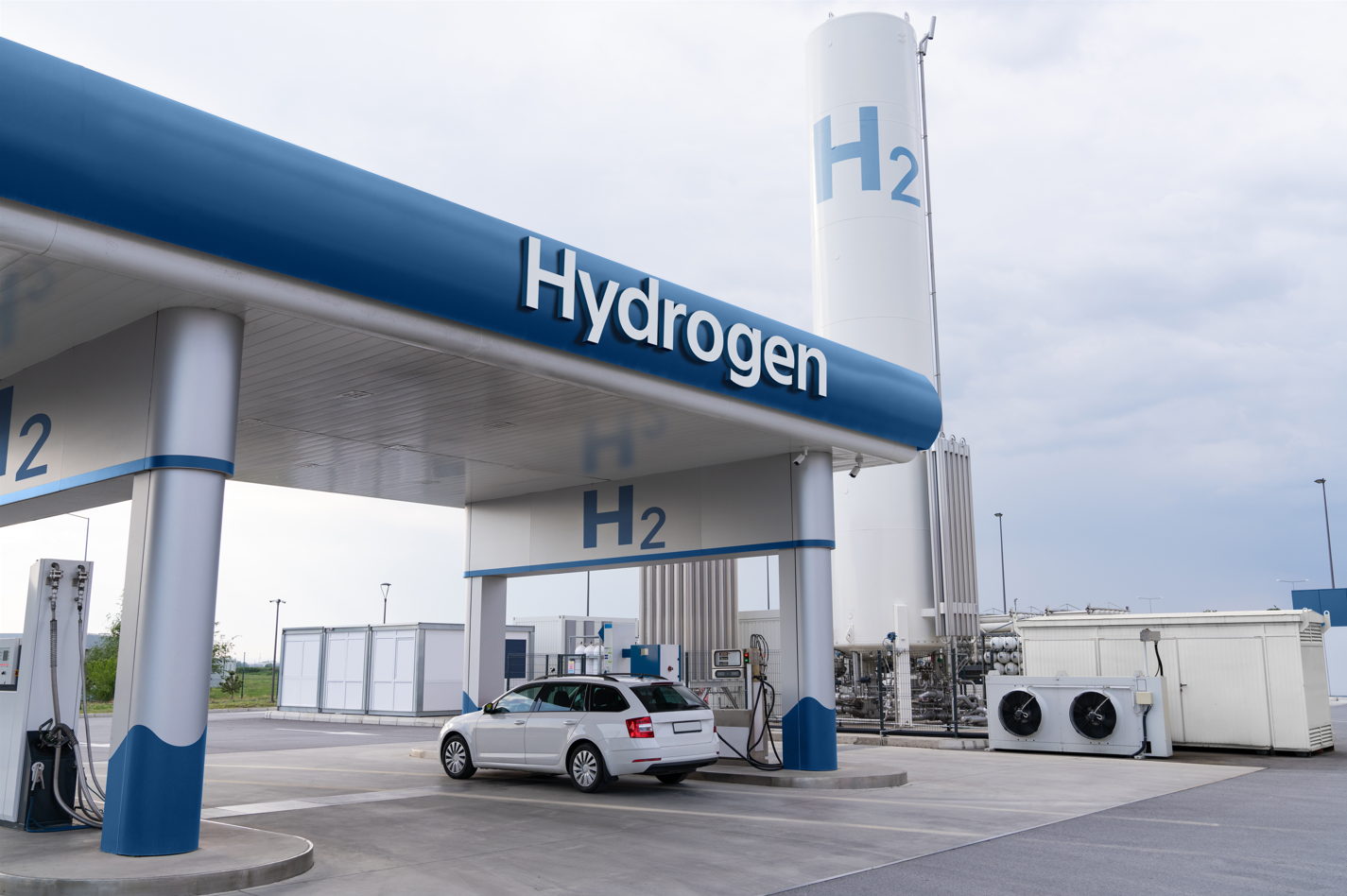Featured Articles
2022-04-15
Lithium electric vehicles has accelerated the more diversified development of hydrogen energy vehicles
 The most expensive component in an electric vehicle is the battery, which accounts for about 30 percent.
The most expensive component in an electric vehicle is the battery, which accounts for about 30 percent.In 1997, Toyota launched the industry's first gasoline-electric hybrid car Prius, which not only has the advantages of low carbon emissions and fuel saving, but also opened the way for cars to use electricity as power, making drivers understand and familiarize themselves with this new type of vehicle. The attempt, and logically paved the way for the future pure lithium electric vehicles. Based on this reason, the advent of lithium electric vehicles is easy to quickly gain considerable acceptance in the market. In addition to conforming to the trend of environmental protection and carbon reduction, lithium electric vehicles have better performance than traditional fuel vehicles, which is also one of the main reasons.
Due to the small number of initial shipments, the high cost of lithium electric vehicles is inevitable. This is one of the reasons why Tesla was positioned among high-end vehicles when it came out. However, with the increasing shipment volume and the significant improvement in production efficiency, the price of lithium electric vehicles is no longer rising. The overall situation has put a lot of pressure on hydrogen vehicles that came out late, and even caused many car manufacturers to hold back, suspend research and development, or stop production.
At present, only Toyota and Hyundai have actually put into mass production of hydrogen energy vehicles, and the annual sales volume is only a few thousand units. Therefore, in recent years, there has been a pessimistic atmosphere about the future development prospects of hydrogen energy vehicles. However, in fact, the progress of hydrogen energy vehicles has not stopped, and even the performance and cost are quite competitive. The popularization of lithium electric vehicles may have set up a gap for hydrogen energy vehicles to cross, but some of its technologies can be shared with them, which has accelerated the more diversified development of hydrogen energy vehicles.
References
- MONOist , 2021-04-23 , provided by Yuki Saito, トヨタがHyquitoエンジンをスーパー durable シリーズに, May 2021
- Planet Analog, 2021-11-9, MAJEED AHMADD , Denso calls SiC a revolution in the bid for carbon neutrality
- Interesting Engineering, 2022-02-19 , Loukia Papadopoulos , Toyota and Yamaha join forces to develop hydrogen-fueled V8 engine
- H yundai Motor Group, 2021-09-07, Hyundai Motor Group's next-generation fuel cell system, a key technology for popularizing hydrogen energy
- Hyundai Motor Group, 2021-09-07, Vision FK, the world's first high-performance eco-friendly hydrogen electric vehicle
- 2020-12-17 , Toyota introduces second-generation Mirai fuel cell electric vehicle as design and technology flagship



